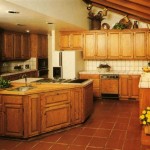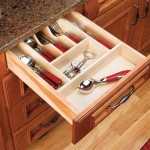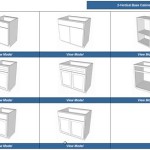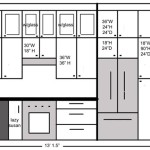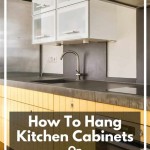Elevate Your Kitchen with the Essential Aspects of Cabinet Crowns
Kitchen cabinet crowns, the ornamental toppers that grace the upper cabinets, are often overlooked yet play a crucial role in completing the overall design and functionality of your kitchen. From their aesthetic appeal to their practical benefits, these crowns deserve careful consideration when designing your dream kitchen.
Aesthetic Enhancement
Cabinet crowns add a touch of elegance and sophistication to your kitchen. They create a visual boundary between the cabinets and the ceiling, making the room feel more cohesive and visually pleasing. Whether you opt for intricate moldings, simple cornices, or decorative details, crowns can enhance the overall ambiance and elevate the kitchen's style.
Functional Benefits
Beyond their aesthetic appeal, cabinet crowns also serve practical purposes. They help to conceal gaps between the cabinets and the ceiling, preventing dirt and dust from accumulating in these hard-to-reach areas. Additionally, crowns can provide extra storage space for small items or decorative accents.
Types of Crown Moldings
There is a wide variety of crown moldings available to choose from, each with its distinct style and character. Some popular types include:
- Ogee Crown: A classic and versatile crown with an S-shaped profile.
- Cove Crown: A gentle, curved crown with a concave shape.
- Crown with dentils: A crown featuring small, evenly spaced blocks along the bottom edge.
- Rope Crown: A decorative crown with a rope-like pattern.
Material Considerations
Cabinet crowns are typically made from wood, but they can also be crafted from other materials such as PVC, MDF, or polyurethane. Wood crowns offer a timeless appeal and can be stained or painted to match your kitchen décor. PVC and MDF are budget-friendly options that provide a clean and durable finish. Polyurethane crowns are lightweight and moisture-resistant, making them suitable for humid environments or areas prone to water damage.
Matching the Style
When selecting a cabinet crown, it's essential to consider the overall style of your kitchen. Traditional kitchens may call for elaborate moldings with intricate details, while modern kitchens may prefer sleek and minimalist crowns. The material, finish, and style of the crown should complement the cabinetry, appliances, and décor to create a harmonious and cohesive space.
Installation and Maintenance
Cabinet crowns can be installed by experienced DIYers or by a professional contractor. Proper installation ensures a secure and level finish. Regular cleaning and maintenance are crucial to keep the crowns looking their best. Wipe them down with a damp cloth and avoid using harsh chemicals or abrasive cleaners that can damage the finish.
Conclusion
Kitchen cabinet crowns are an integral part of any well-designed kitchen. They enhance the aesthetics, provide practical benefits, and complete the overall look. By carefully considering the type, material, style, and installation of your cabinet crowns, you can elevate your kitchen's design and create a space that is both beautiful and functional.

3 Ways To Enhance Your Kitchen With Crown Molding

11 Kitchen Cabinet Crown Molding Ideas For Your

3 Ways To Enhance Your Kitchen With Crown Molding

Crown Moulding The Recently Rediscovered Kitchen Solution

Home Decorators Collection Tremont Pearl Gray Painted Plywood Shaker Stock Assembled Kitchen Cabinet Crown Molding 96 In W X 2 5 D 3 H Cm8 Pg The Depot

Adding Crown Molding To Kitchen Cabinets Young House Love

Diy Kitchen Cabinet Upgrade With Paint And Crown Molding

Crown Molding For Shaker Kitchen Cabinets

Cabinet Crown Molding Rogue Engineer

Decorative Molding Timberlake Cabinetry
Related Posts

